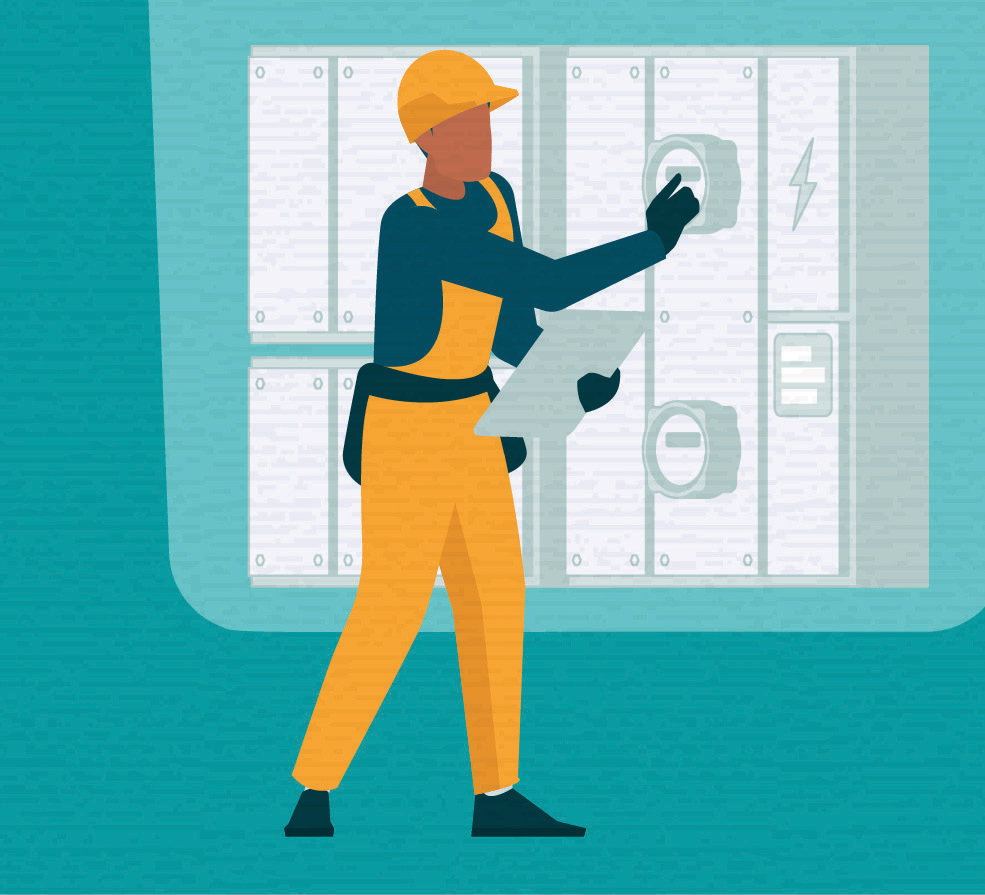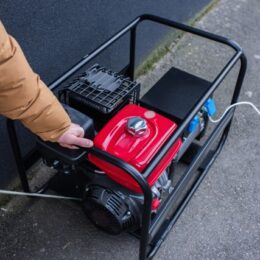
We assume our electricity will be readily available unless there’s a power outage. When we flip the switch or turn on an appliance, with think everything will work as expected. We don’t always consider what will happen if something is awry.
If there’s a problem with your home’s wiring, or it’s inadequate for the appliances you are using, your home could be at risk for a fire. Those fire risks are significant. According to the National Fire Protection Association, between 2015 and 2019, more than 46,700 house fires were attributed to electrical failure or malfunction. The fires during that period caused an estimated $1.5 billion in direct property damage a year.
It’s important to have your home inspected by a licensed electrical inspector. What you discover from the inspection could save your home and your life.
During an electrical inspection, your entire electrical system will be thoroughly examined. All the electrical wires, systems, and components will be checked to ensure they meet National Electrical Code standards. A home’s electrical system includes the electric lead-in wire, the electric meter and meter pan, the circuit breaker panel, the wiring, and the outlets, switches, lights, and other electrical devices.
Before disconnecting an automated meter, the electrician should notify the member’s cooperative. If not reported, the co-op will receive an outage notification when the meter is disconnected.
During an inspection, the electrical professional will:
- Make sure all the electrical components of your home are working safely.
- Identify any problem areas/wiring mistakes or problems associated with older wiring.
- Check to see if your home has oversized fuses or breakers. They are fire hazards.
- Fix any fire or safety hazards. These include frayed, exposed, or damaged wires and outside receptacles that are not GFCI-protected.
- Look for ways you can save energy and, thus, save money.
- Help you meet insurance risk assessment inspection requirements.
The Electrical Safety Foundation notes that you should always schedule an electrical home inspection (always with a licensed electrical inspector) if you are purchasing a home, if your home is 40 years or older, when your home has undergone a significant renovation, or if you are installing a major new appliance in your home.



